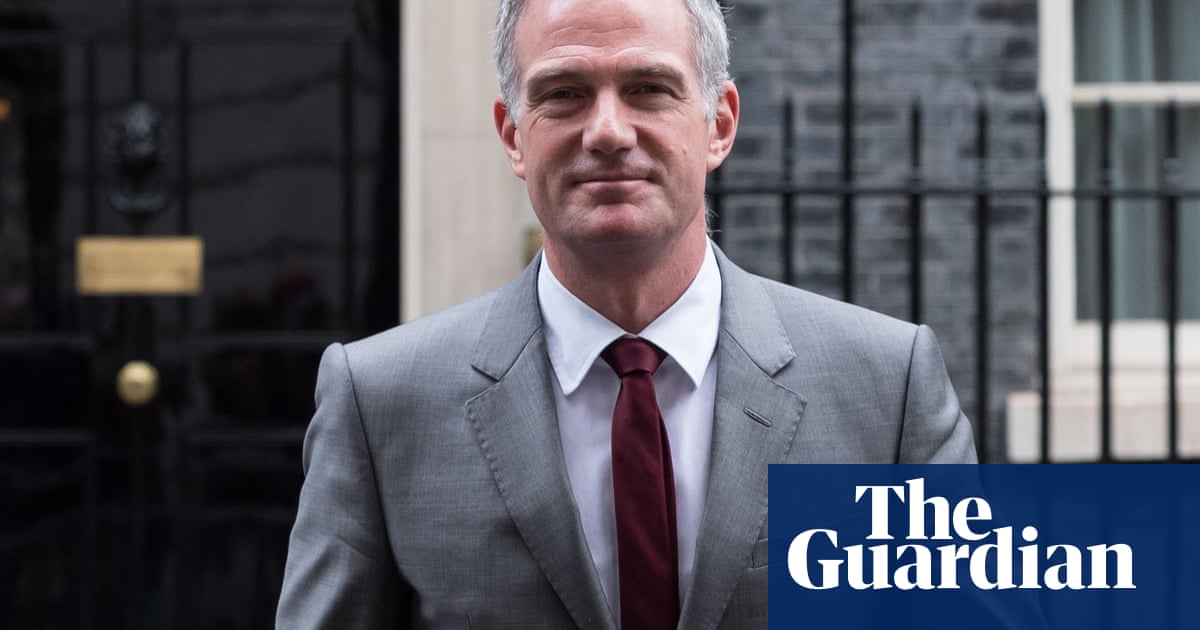The UK’s Challenge with Big Tech: Insights from Eric Schmidt
Eric Schmidt, the former CEO of Google, recently remarked that the UK faces a unique challenge: it has “so many ways that people can say no.” This comment strikes at the heart of a larger conversation about the UK’s relationship with big tech companies and reflects an ongoing tension between the need for innovation and the need for regulation.
Growing Ties Between Government and Tech
At a significant investment summit in October of last year, Schmidt’s exchange with Labour leader Keir Starmer underscored the UK’s drive to prioritize economic growth through the tech sector. With giants such as Google, Meta, Amazon, Apple, Microsoft, and Palantir having a substantial presence in the UK, their combined market values run into the trillions, making them indispensable partners for any government wishing to stimulate economic growth.
Access Equals Influence
According to a former employee from a prominent tech company, the substantial resources that these firms wield enable them to gain immediate access to policymakers. “We never had a problem walking the corridors of Whitehall because we could claim to create thousands of jobs and millions for the economy,” the ex-employee noted. Job creation remains a powerful narrative, and as such, governments are often keen to engage with companies that can deliver such promises.
Ministerial Engagements Increase
Under the new tech secretary, Peter Kyle, meetings with big tech representatives have skyrocketed. Reports indicate that Kyle has met with tech-sector individuals nearly 70% more than his predecessor, Michelle Donelan. These meetings include key players like Google, Amazon, Meta, and Apple, signaling a robust engagement strategy that some critics argue sidelines smaller tech players.
Smaller Companies Left Behind
The imbalance in influence is a growing concern for smaller tech firms. The UKAI, a trade body for the artificial intelligence sector, has voiced its frustrations. Chief Executive Tim Flagg states, “There is a huge imbalance between a handful of global players who are able to influence directly what No 10 is thinking about on policy, and the thousands of other businesses.” Smaller companies often feel unheard and marginalized, despite the economic growth that many believe could stem from their innovation.
Political Resources and Relationships
Reflecting on these dynamics, Flagg suggests that large tech firms leverage their resources to cultivate and maintain significant political relationships. This concentration of influence is particularly evident as these firms began working to establish ties with the government even before the recent general election, ensuring they had ready access to decision-makers following Labour’s victory.
The Role of Think Tanks
The Tony Blair Institute, a think tank financially supported by tech billionaire Larry Ellison, also plays a notable role in shaping UK tech policy. While the institute claims “intellectual independence over our policy work,” the access it enjoys to decision-makers raises questions about whose interests are being prioritized in the broader conversation about technology and regulation.
Copyright Law Controversies
The implications of big tech’s influence on UK policy are vividly illustrated in the government’s attempts to reform copyright law. Proposed changes would allow AI companies to utilize copyright-protected work without seeking permission from the holders, effectively placing the burden on creators to opt out. This move has garnered backlash from prominent figures across the creative industry, including artists like Paul McCartney and Kazuo Ishiguro, who argue such policies could undermine the very sectors that the government aims to support.
Resistance from Major Stakeholders
In response to the proposed copyright policy, major organizations, including the News Media Association—which represents outlets like The Guardian—and even tech giants such as Google and OpenAI have voiced opposition. This collective pushback highlights the problematic nature of the government’s approach and adds to an already contentious atmosphere regarding the balance of power between big tech and creative sectors.
Misguided Approaches to Growth
A former government advisor on tech policy remarked that weakening copyright protection is not a sustainable strategy for fostering growth. Calling it the “lowest hanging fruit” in a list of policy options, they caution that such an approach risks damaging a world-leading sector while failing to take the necessary actions to establish the UK as a powerhouse in AI.
Ongoing Engagements vs. Critical Relationships
Despite the criticisms, the Department for Science, Innovation, and Technology defends its frequent interactions with tech companies. They emphasize that regular engagement with firms of all sizes is crucial for delivering economic growth. Starmer articulated a clear vision for future policies by asking, “Does this promote growth or does it not promote growth?” With the tech sector at the heart of this strategy, the debate over copyright has strained relationships with key stakeholders across the board.
The Paradox of Yes and No
Ultimately, the UK’s relationship with big tech illustrates a complex interplay between enthusiasm for technological advancement and the need for a more balanced approach that takes into account the voices of all sectors. As the government continues to navigate this terrain, the challenges of saying yes to innovation while addressing the concerns of smaller entities remain a crucial issue.


